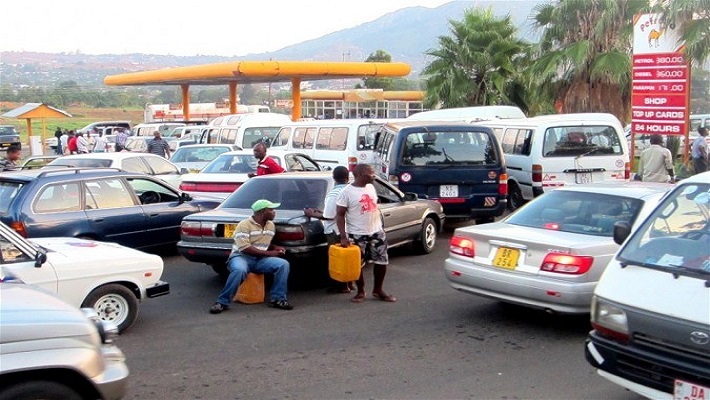By Paschal Norbert
LILONGWE, OCTOBER 6, 2023 (CISA)– “The cries of Malawians are now louder, but unfortunately fail to attract the much-needed attention of political leaders as they fall on deaf ears,” notes the Episcopal Conference of Malawi (ECM) CCJP coordinators.
The Catholic Commission for Justice and Peace (CCJP) coordinators from all the eight Catholic dioceses in Malawi have criticized the government for poor stewardship as the country continues to sink into socio-economic misery.
In a joint statement on October 3, 2023, the eight coordinators stated that the country is currently experiencing a socio-economic crisis whose signs are clear and “is causing an untold harm to the majority poor.”
“Generally, the socio-economic well-being of Malawians has deteriorated, and yet, the political governing seems lost and clueless on finding solutions to the numerous challenges rocking the country. The country is at a crossroads; citizens are like the lost sheep whose shepherd has lost grip of the ethos of servant leadership,” they noted.
The coordinators maintained that Malawians are struggling under the food, fuel and finance crisis, which has created an undesirable macroeconomic environment that is the core misery of many of the people.
“Incessant devaluation of the Kwacha leading to biting inflation and failure to cushion the poor through proper price regulation and fair trading as well as lack of meaningful strategies …to bail out the poor from these dangers…have thrown many into acute poverty,” they said.
With a looming severe food insecurity in the country, coupled with climate disasters such as droughts, floods and tropical cyclones, the coordinators say that many people will have difficulties recovering from the socio-economic tragedy.
They urged that the institutional gulfs and rigidities surrounding the operation of the Agricultural Development and Marketing Corporation (ADMARC) need to be resolved to avert the looming hunger situation, which has led to an increase in the prices of maize, the staple food, and unavailability of grain in some parts of the country.
“The staple food is still not available and accessible in some ADMARC markets across the country. Resultantly, private traders particularly have taken advantage of the situation to exploit unsuspecting poor Malawians,” the chastised.
The coordinators also warned the government not to repeat the same mistakes made by previous administrations, as witnessed especially in the procurement of fertilizer in the 2022 farming season under the Affordable Input Programme (AIP).
“The hiccups in the implementation of the AIP this year are a huge setback to the realization of food security at both household and national levels. This is inviting more troubles to the already frail and limping Malawi’s socio-economic environment,” they stated.
The CCJP coordinators called for the establishment of a special corruption prosecution agency, arguing that systemic corruption and the failure of the Anti-Corruption Bureau (ACB) and other collaborative agencies such as the Police Service and the Directorate of Public Prosecution (DPP) have potentially rendered the efforts in fighting the morbid levels of corruption ineffective.
“Corruption is deeply entrenched and institutionalized in the country despite the political and official speeches that the vice is being tackled… Much of the cancer is in the institutional failures within the bodies that are charged with the responsibility to combat corruption. Selective justice in the handling of the corruption cases has crept in with those politically connected being treated as sacred cows,” they stated.
In their statement, the coordinators also pointed out the stifling of the freedom of expression, shrinking civic space under President Lazarus Chakwera’s regime, and the weakening of state security.
“A healthy democracy is one in which citizens enjoy fundamental freedoms and rights. Freedoms of expression and assembly and the existence of free civic space should be the bedrock and hallmark of a growing democratic culture,” the coordinators avowed.
According to Hugh Riddell, World Bank Country Manager for Malawi, “Malawi’s economy is weakened by foreign exchange shortages that constrain the import of essential commodities and inputs, and that lower agricultural output, as well as by erratic electricity supply and the increasing frequency of natural disasters.”
He suggests that “its ‘polycrisis’ needs urgent movement on reforms that promote macroeconomic policy and governance, as well as a wide range of policy responses in energy, agriculture, climate adaptation, and resilience to create a stronger foundation for economic growth.”
